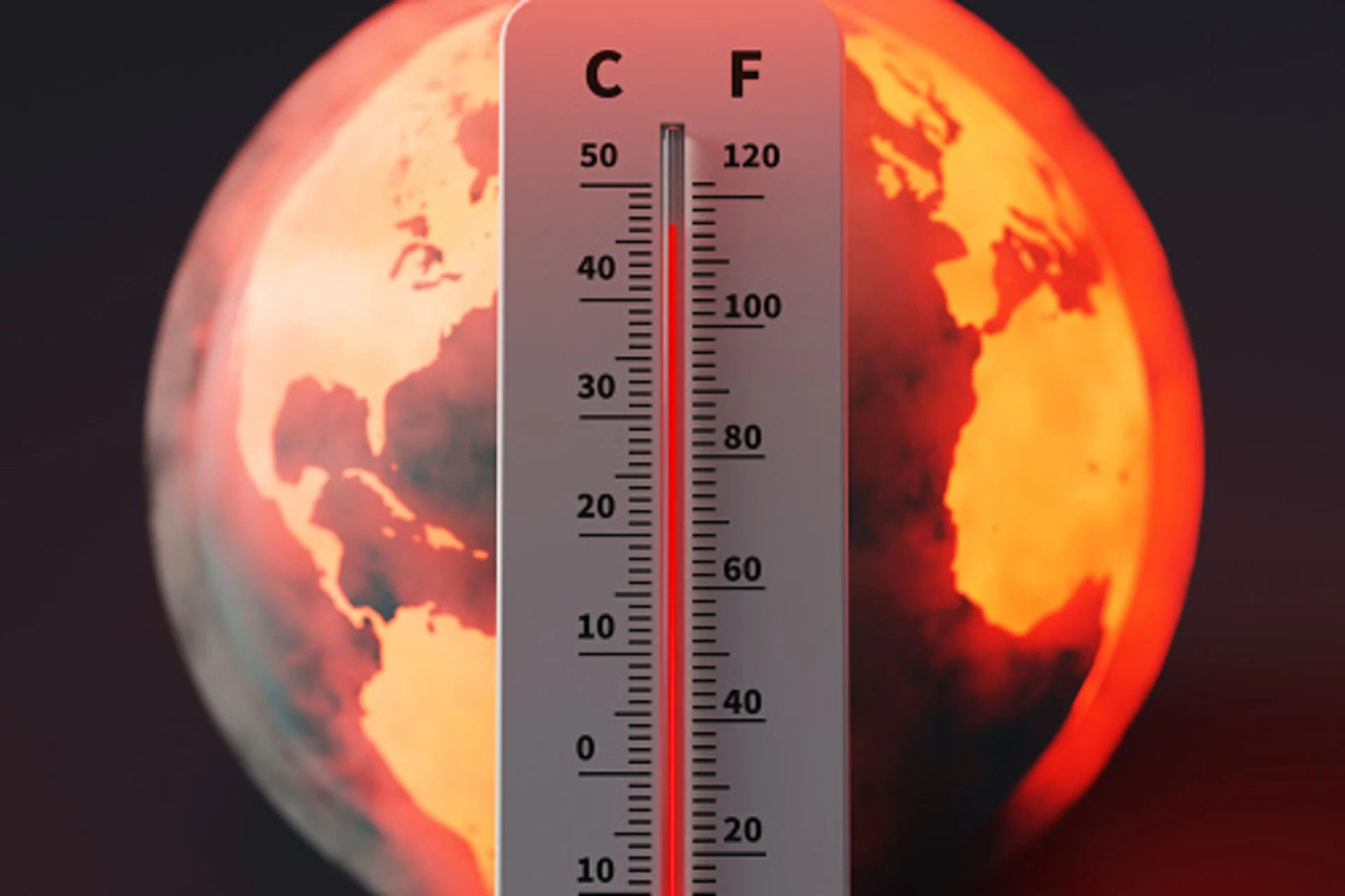
2024 will be world's hottest year on record, EU scientists say
By Kate Abnett and Alison Withers
BRUSSELS (Reuters) - This year is "virtually certain" to eclipse 2023 as the world's warmest since records began, the European Union's Copernicus Climate Change Service (C3S) said on Thursday.
The data was released ahead of next week's U.N. COP29 climate summit in Azerbaijan, where countries will try to agree a huge increase in funding to tackle climate change. Donald Trump's victory in the U.S. presidential election has dampened expectations for the talks.
C3S said that from January to October, the average global temperature had been so high that 2024 was sure to be the world's hottest year - unless the temperature anomaly in the rest of the year plunged to near-zero.
"The fundamental, underpinning cause of this year's record is climate change," C3S Director Carlo Buontempo told Reuters.
"The climate is warming, generally. It's warming in all continents, in all ocean basins. So we are bound to see those records being broken," he said.
The scientists said 2024 will also be the first year in which the planet is more than 1.5C hotter than in the 1850-1900 pre-industrial period, when humans began burning fossil fuels on an industrial scale.
Carbon dioxide emissions from burning coal, oil and gas are the main cause of global warming.

A fish carcass is seen on a sandbank that emerged in the middle of the Solimoes River in the Amazon Basin, which is suffering from the worst drought on record, near Manacapuru, Amazonas state, Brazil September 20, 2024. (REUTERS/Jorge Silva/File Photo)
SEE ALSO: Carbon dioxide now at record levels not seen in over 4 million years
Sonia Seneviratne, a climate scientist at public research university ETH Zurich, said she was not surprised by the milestone, and urged governments at COP29 to agree stronger action to wean their economies off CO2-emitting fossil fuels.
"The limits that were set in the Paris agreement are starting to crumble given the too-slow pace of climate action across the world," Seneviratne said.
Countries agreed in the 2015 Paris Agreement to try to prevent global warming surpassing 1.5C (2.7 degrees Fahrenheit), to avoid its worst consequences.
The world has not breached that target - which refers to an average global temperature of 1.5C over decades - but C3S now expects the world to exceed the Paris goal around 2030.
"It's basically around the corner now," Buontempo said.
Every fraction of temperature increase fuels extreme weather.
In October, catastrophic flash floods killed hundreds of people in Spain, record wildfires tore through Peru, and flooding in Bangladesh destroyed more than 1 million tons of rice, sending food prices skyrocketing. In the U.S., Hurricane Milton was also worsened by human-caused climate change.
C3S' records go back to 1940, which are cross-checked with global temperature records going back to 1850.
WATCH: "The devastation is huge," meteorologist on storm's impact in Spain
Reporting by Kate Abnett, Alison Withers, Editing by William Maclean
Thumbnail courtesy of mesh cube via Getty Images. Graphic used for illustration purposes only.











